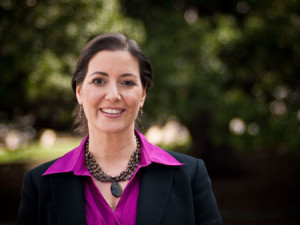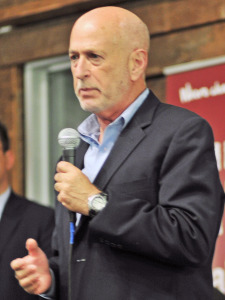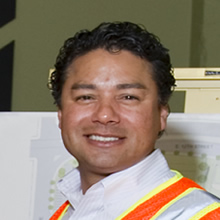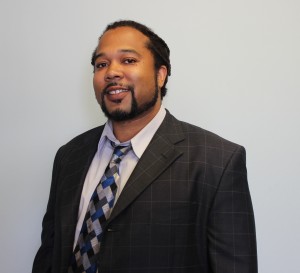Mayoral Candidates Call for Task Forces for Greater Community Voice in Making Policy
Oct 10, 2014
By Ken Epstein
Some of Oakland’s mayoral candidates – from the highly visible frontrunners to the grassroots community activists who are running more low-budget campaigns – are backing a post-election plan to create progress in the city through community involvement in developing and implementing new policies and laws in Oakland
“I’m committed to reinvigorating the community process for crafting sensible policy solutions for moving Oakland forward. In fact, the recommendations for policymaking that were generated through active community input in the past have often been fruitful and innovative,” said Councilmember Rebecca Kaplan.

“I am very passionate about community involvement. People support what they create,” said Councilmember Libby Schaaf.
“It is these efforts that allow the community voice, which are the only thing that will bring progress and unity to Oakland,” she said.
“I enthusiastically support the creation of a strategic planning process and the development of task forces to involve members of the community in the development of city policy, including creating the city budget, public safety, economic development, education, housing, and the arts,” said attorney Dan Siegel “Similar efforts during the Elihu Harris and Ron Dellums administrations had a positive impact on both community engagement and city policy.”
“I am a big fan of more community involvement,” said Bryan Parker. “I think we can use ‘crowdsourcing’ technology to ‘source’ ideas and create further engagement. As mayor, I will be creating an office of innovation with a Chief Innovation Officer.”
The proposal is to create communitywide action task forces that could potentially involve hundreds of Oakland residents in developing, passing and implementing policies that will affect the future of the city.

The goal of this process would be to take residents out of their traditional role as passive observers of city decisions or participants who try to intervene at the eleventh hour to halt or modify policies and ordinances they do not support that are advocated by city staff, the mayor or city council.
Community involvement in task forces or community councils “is already in action in the more affluent areas of Oakland, “said Jason “Shake” Anderson, pointing to organizations that have had input on Measure Z and developing spending priorities.
“The next mayor needs to ensure that the entire city is represented, not just the hills (in efforts) to engage in policy creation,” he said.

East Oakland community leader Ken Houston has been involved in task forces in the past.
“I agree with having task forces on the arts, jobs, economic development, youth and education, police accountability and public safety, housing and tenant rights, protections and encouragement of small businesses, increased transparency and public involvement in city government and creating opportunities for the formerly incarcerated.”
Houston emphasized the need for city action to support the formerly incarcerated.
“My company is already doing this through construction jobs,” he said. “In the last
24 months, we hired 60 ex-felons. Because of the construction boom in Oakland, we need to take construction as the tool to lift Oakland out of its economic, crime, and public safety problems.”
A community involvement task force process was pioneered during the administration of Mayor Ron Dellums, involving 900 residents for a number of months, leading to about 150 policies and programs being proposed and about 80 being implemented.

Participants would volunteer for a task force in which they have interest and expertise.
Anyone interested in participating in a task force can send their name and area of interest to oaktaskforce@gmail.com